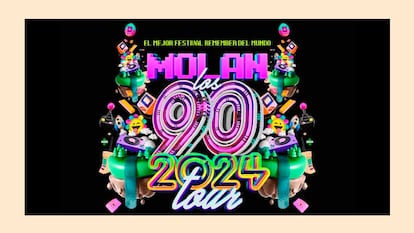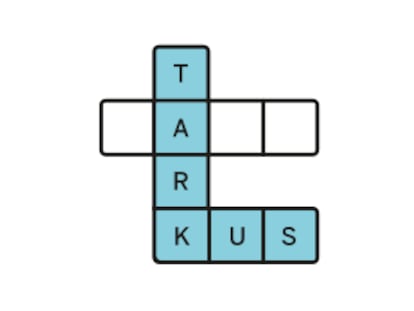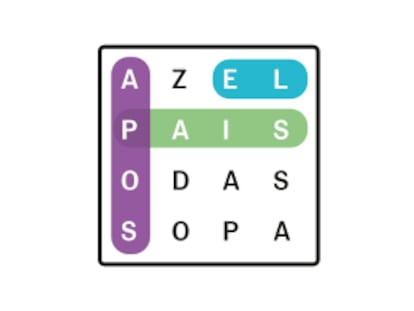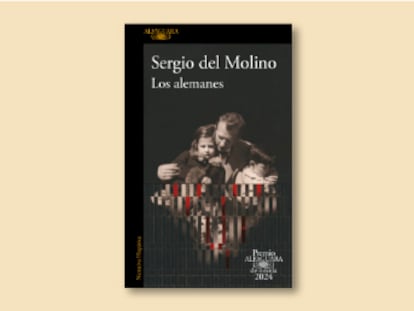A Coming of Age: Germans Deal with Their Past through Memory Literature
Sixty-six years have passed since World War II. The National Socialism (NS) regime has ended, and NS crimes and the Holocaust have become internationally known. Since then Germans have been working on and through their past, forming their "politically correct" politics of memory
Sixty-six years have passed since World War II. The National Socialism (NS) regime has ended, and NS crimes and the Holocaust have become internationally known. Since then Germans have been working on and through their past, forming their "politically correct" politics of memory. The process has included groundbreaking discussions, spectacular controversies and turning points, each of which has brought the country to the present point: Germans seem to have found the proper way of dealing with National Socialism, balancing an appropriate remembrance of the past and at the same time awareness and pride of their national identity.
This process of coming to terms with their past is reflected in the Väterliteratur (father literature), written by German-speaking authors in the postwar German period. Väterliteratur is a type of memory literature that explores the involvement of the authors' fathers in the NS movement during World War II and how this involvement impacts the father-child relationship. The genre is grounded on an autobiographical narration, a collection of researched personal and public documents as well as private memories. The close connection of literature and contemporary history makes it an important contribution in coming to terms with the past.
This process of coming to terms with their past is reflected in the Väterliteratur (father literature), written by German-speaking authors in the postwar German period
The texts give examples of personal family stories, German social history and its effects, which have defined the German population mindset from the German Empire to the Third Reich
Father Literature has been continually published since the middle of the 70s to the present day, showing that coming to terms with one's personal and political past is still an issue for both the authors and the public. The publications present various coping methods with the past and the steps taken by Germans since 1945 to the present. Influenced by current political affairs, these publications delineate the process of establishing German politics of memory, which builds a specific framework for dealing with the past and supports the constructs of the German national identity.
The texts give examples of personal family stories, German social history and its effects, which have defined the German population mindset from the German Empire to the Third Reich. The writings contain both the personal relationship between each author and his/her father and the history of coping with National Socialism from a long-term perspective within a socio-political continuum. The newest publications of Väterliteratur, published after the turn of the millennium, especially constitute a wide overview of the process of confronting the Nazi past in Postwar Germany. They give a comprehensive and layered picture of working through the past from the so-called post-1968 perspective. The literary explorations are reckonings with the immediate postwar period and denazification, particularly the failed prosecution of NS criminals in the 50s and the 60s. They show shortcomings and grievances in dealing with the past even in the 70s and the 80s on the political level, indicating a continued presence by former active military superiors in the same leadership positions and their subsequent membership in political parties and parliaments.
The new Väterliteratur is a product of Germany coming to terms with the past in the 80s and 90s. It is mostly influenced by public social debates, contemporary historical events and cultural-scientific mainstreams. The publications depict elements of various positions of appropriate social and political ways of confronting National Socialism. Significant is the speech given by the former Federal President Richard von Weizsäcker (1985), who pled for an active trans-generational memory policy and recognition of all victims of the NS policy. Further, the debate over the crimes of Wehrmacht (World War II German armed forces) in the 90s removed the taboo of its immaculate image transmitted to succeeding generations.
The Reunification of Germany (1990) and the rededication of Neue Wache (New Guardhouse) in 1993 for the Victims of War and Tyranny symbolically awarded the status of victims to the Germans. This paradigm shift in the victim narration resulted in a compromise between the private and official perspective, presenting NS crimes in the context of an extermination war to include the traumatized German civilians and soldiers as victims of militarism. In addition, international military conflicts such as Rwanda, Chechnya and the Balkans shaped the current perception of World War II, its consequences and German victimization.
The examples of Väterliteratur emphasize that the coming to terms with the German past and memory culture is supported on many levels of social life. Considering all the inadequacies, interests and points of criticism on its politics of memory, it has to be highlighted that the Federal Republic of Germany is one of the few countries that continually confronts the dark sides of its own past.
Dominika Borowicz, Humboldt-Universität zu Berlin. www.atomiumculture.eu








































































